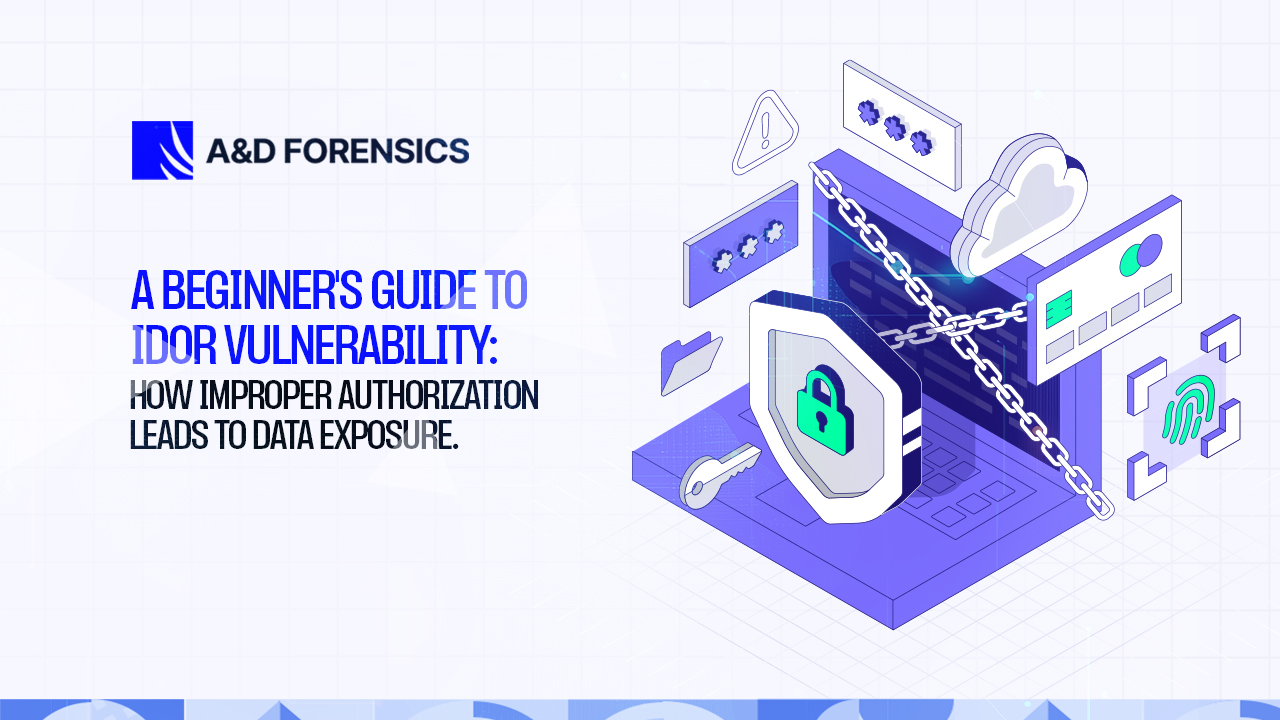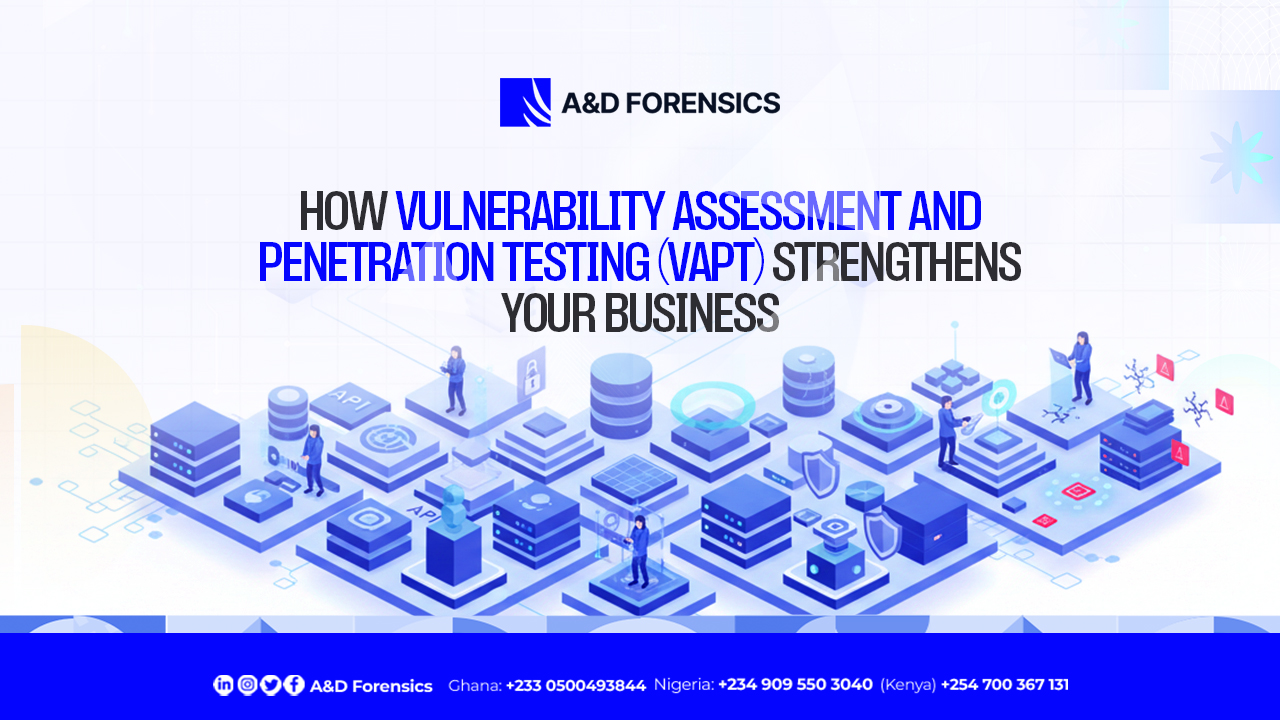A smart contract audit is a thorough review of your codebase, looking for vulnerabilities, logic errors, or anything that could go wrong once the contract is deployed to the blockchain. And once it’s out there, it’s out there. Immutable, unchangeable. That’s both the magic and the risk. But what is a Smart Contract?
According to Investopedia, A smart contract is a self-executing program that automates the actions required in a blockchain transaction. Once completed, the transactions are trackable and irreversible. The best way to envision a smart contract is to think of a vending machine, when you insert the correct amount of money and push an item’s button, the program (the smart contract) activates the machine to dispense your chosen item.
Think of it as the equivalent of a pre-flight check. You wouldn’t want your plane taking off with loose bolts in the engine. Same thing here, except your “engine” is responsible for millions (sometimes billions) of dollars.
What Makes a Smart Contract Audit Essential?
This probably doesn’t need much elaboration, but Smart contracts handles real money. They govern decentralized finance (DeFi) protocols, NFT marketplaces, DAOs, and other related platforms. One tiny flaw in the logic, just a single unchecked variable or misused function, can (and has) led to catastrophic losses.
Take the infamous DAO hack in 2016. A reentrancy vulnerability allowed an attacker to drain over $60 million in ETH. It led to a hard fork of Ethereum, which is wild if you think about it. A bug changed the course of an entire blockchain.
Common Vulnerabilities found in smart contract audit.
Now, let’s talk about the kinds of issues audits look for. These pop up more often than they should.
- Reentrancy: This is one of the most well-known smart contract vulnerabilities, famously exploited in the DAO hack. A reentrancy attack occurs when an external contract call is allowed to make new calls back to the calling contract before the initial interaction is complete. This can lead to unexpected behavior, such as draining funds from the contract.
- Integer Overflow/Underflow: Arithmetic gone wrong. You add 1 to the maximum value and loop back to zero, dangerous stuff.
- Access Control Flaws: These vulnerabilities arise when functions that should be restricted to certain users (like an owner or admin) can be called by unauthorized parties. This can lead to malicious actors taking control of the contract, changing critical parameters, or stealing funds.
Oracle Manipulation: Smart contracts often rely on oracles to fetch external data (e.g., price feeds). If the oracle is centralized or can be manipulated, attackers can feed incorrect data to the smart contract, leading to unintended and often harmful consequences, such as incorrect pricing in a DeFi application.
How a Typical Smart Contract Audit Works.
1. Code Review: The auditor reads through your contract to understand its intent. This step is often overlooked, but it matters. They need to know what the contract is supposed to do before they can decide if it’s doing it correctly.
2. Automated Scanning: Tools like Slither or MythX can catch common issues. They’re helpful, but not foolproof, sort of like using spell check—great for basics, but not for nuance.
3. Manual Analysis: This is where the real value comes in. An experienced auditor can spot subtle logic flaws that tools miss. Sometimes it’s not even a “bug” in the traditional sense. Just a weird behavior that could be exploited under the right conditions.
4. Testing: unit tests, integration tests, and sometimes fuzzing (where inputs are randomized to see what breaks). It’s tedious but necessary.
5. Reporting: Finally, a document is prepared with all the findings, usually categorized by severity (low, medium, high, critical). It includes suggestions, sometimes with code snippets.
6. Fixing & Re-Audit: You fix the issues, send it back, and the cycle continues until everything checks out or at least looks reasonably safe.
4 Essential Tools for Smart Contract Audit.
1. Static Analysis Tools: Static analysis tools are specialized software that analyze smart contract code without executing it, identifying potential vulnerabilities, bugs, or violations of coding best practices. These tools scan the source code (e.g., Solidity for Ethereum) to detect issues like reentrancy, integer overflows, gas inefficiencies, or insecure coding patterns that could lead to exploits or failures in blockchain environments. Examples of static analysis tools are
- Slither: Slither is an open-source static analysis framework developed by Trail of Bits, designed specifically to analyze Solidity smart contracts. You can think of it like a high-end vulnerability scanner that inspects your code without running it (i.e., static, not dynamic analysis).
- Mythril: Mythril is a security analysis tool for EVM bytecode. It uses symbolic execution to detect vulnerabilities like reentrancy, integer overflows, and unhandled exceptions.
- Securify: An online static analysis tool that provides a security score for smart contracts and highlights potential vulnerabilities based on predefined patterns.
2. Dynamic Analysis Tools: Dynamic tools for smart contract audits analyze smart contracts by acting out their functions in a test system to find vulnerabilities, bugs, or odd behaviors. While static analysis sees code as written, dynamic tools enact execution simulation to spot issues that arise while the code runs, for example, bugs or problems triggered by the environment. Some examples include
- Manticore: A symbolic execution tool that can explore all possible execution paths of a smart contract. It helps in finding complex vulnerabilities and generating test cases.
- MythX: A security analysis service that combines static analysis, dynamic analysis, and symbolic execution to provide comprehensive vulnerability detection for Ethereum smart contracts. It offers both a free and a paid version with more advanced features.
3. Fuzz Testing Tools: Fuzz testing tools automatically generate a wide range of inputs to test the smart contract and uncover unexpected behaviors or vulnerabilities.
- Echidna: A property-based fuzzing tool developed by Trail of Bits. It allows developers to define security properties and then automatically generates inputs to try and violate those properties.
- Foundry Fuzz: Part of the Foundry development toolkit, this tool allows for property-based fuzz testing of Solidity smart contracts.
4. Formal Verification Tools: Formal verification tools use mathematical methods to prove or disprove the correctness of a smart contract’s behavior against a formal specification. These tools offer a high degree of assurance but can be more complex to use.
- Halmos: An open-source formal verification tool specifically designed for Ethereum smart contracts. Halmos is a symbolic testing tool designed for Ethereum smart contracts, offering a lightweight alternative to heavyweight formal verification methods. It uses symbolic execution (like Mythril) but focuses on speed and usability, making formal verification more accessible to developers.
- Certora Prover: A tool that uses formal verification to check smart contracts against a set of predefined and custom rules, providing mathematical certainty about their behavior.
Best Practices Before Smart Contract Audit.
Here’s the part where I insert my unsolicited advice:
- Keep it simple. The simpler your contract, the easier it is to audit and the fewer things that can go wrong.
- Use audited libraries. Don’t reinvent the wheel. Libraries like OpenZeppelin have been battle-tested.
- Comment on your code. I know, it’s tedious. But auditors aren’t mind-readers. A little context can prevent misunderstandings.
- Write tests. Lots of them. Not just happy-path stuff, test for edge cases and failures too.
- Don’t rush deployment. Seriously. Auditing takes time. And cutting corners usually leads to disaster.
Conclusion.
Smart contract auditing isn’t just about catching bugs. It’s about making sure your ideas or your protocols don’t blow up in the wild. No audit is perfect. And no code is unbreakable. But a good audit? It buys you confidence. And that’s worth a lot in this space.
At A&D Forensics, we provide efficient smart contract auditing for developers, Web3 startups and organizations into blockchain technology.






